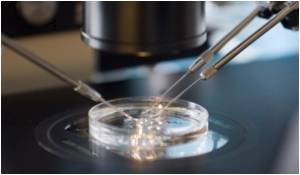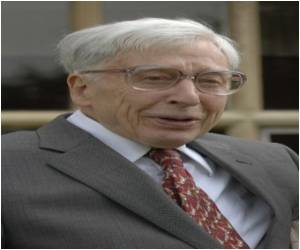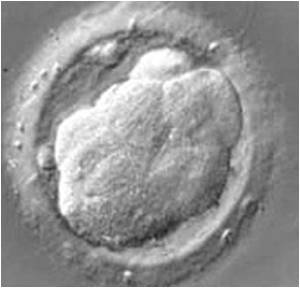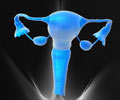A new screening technique can double the chances of IVF success by filming the first 48 hours of an embryo's development and pinpoints, which embryos will continue to develop healthily.

In the study, the researchers filmed the development of 242 frozen, one-cell healthy human embryos using a specially built time-lapse digital video microscope that captured the embryos at three critical stages.
When they examined the embryos after 48 hours, they could establish with 93 per cent accuracy whether they would continue to develop successfully.
The findings could double the odds of success for couples struggling to conceive naturally and could reduce the need for multiple births.
In a typical round of IVF doctors currently monitor embryonic development for three to five days in an attempt to identify those that are more likely to result in healthy pregnancies.
Many fail after implantation, which typically happens at day three.
Advertisement
"Until recently, we've had so little knowledge about the basic science of our development," said the lead author and geneticist, Renee Reijo Pera.
Advertisement
The study has been published in the journal Nature Biotechnology.
Source-ANI












